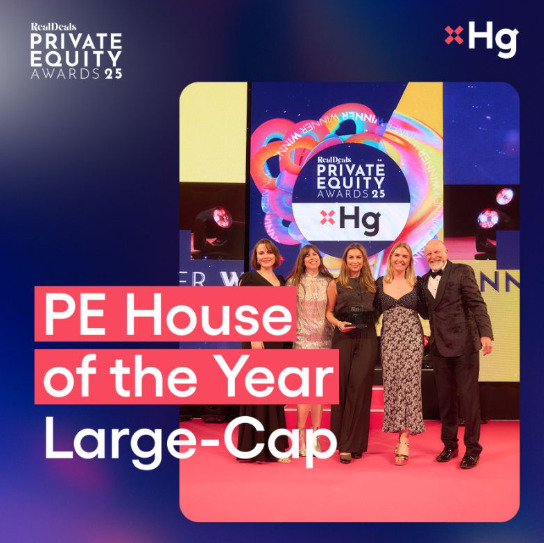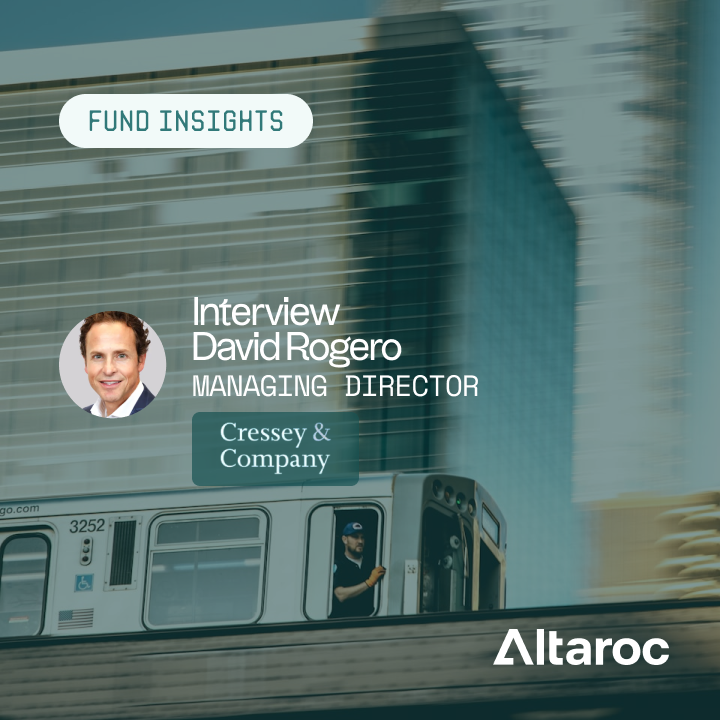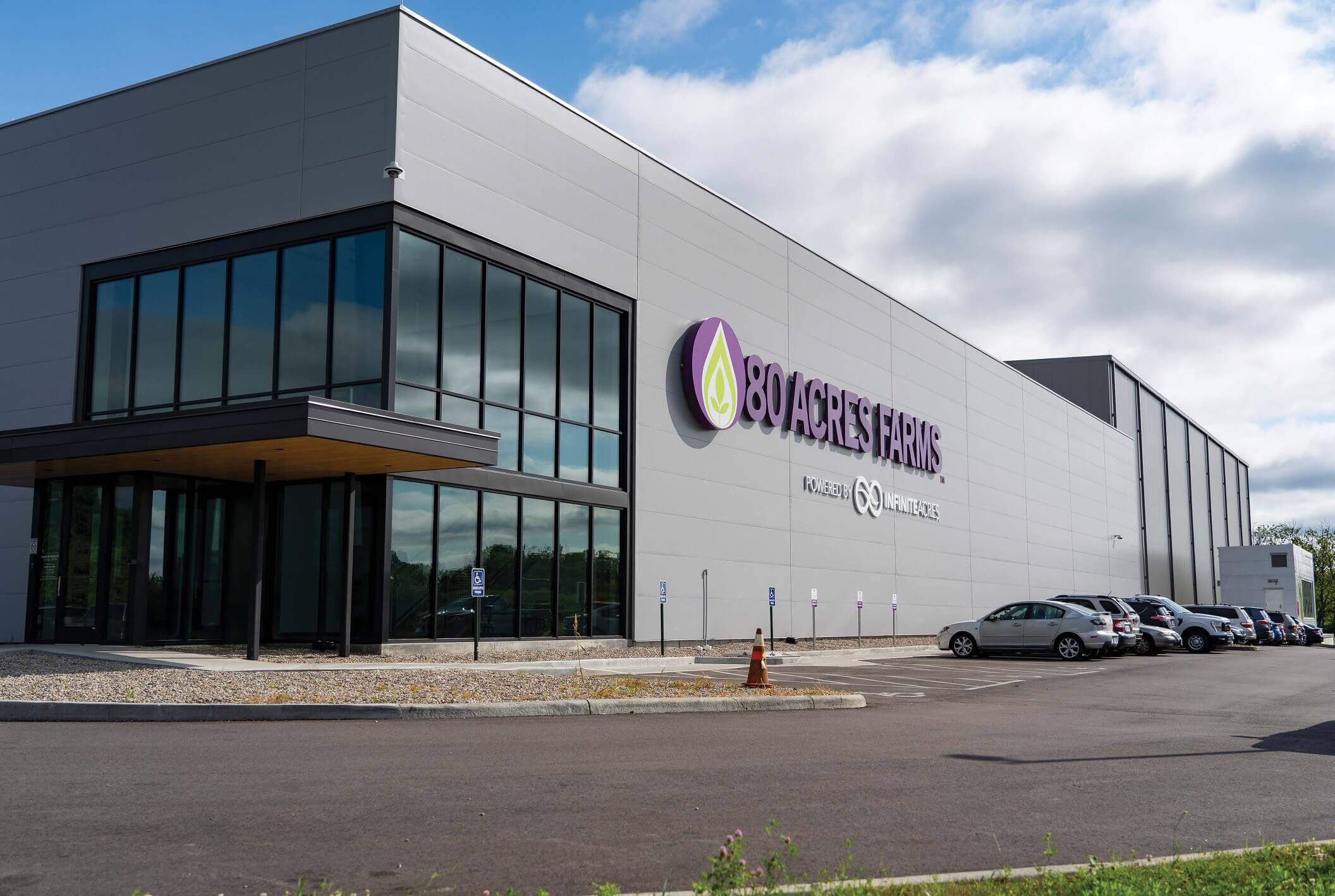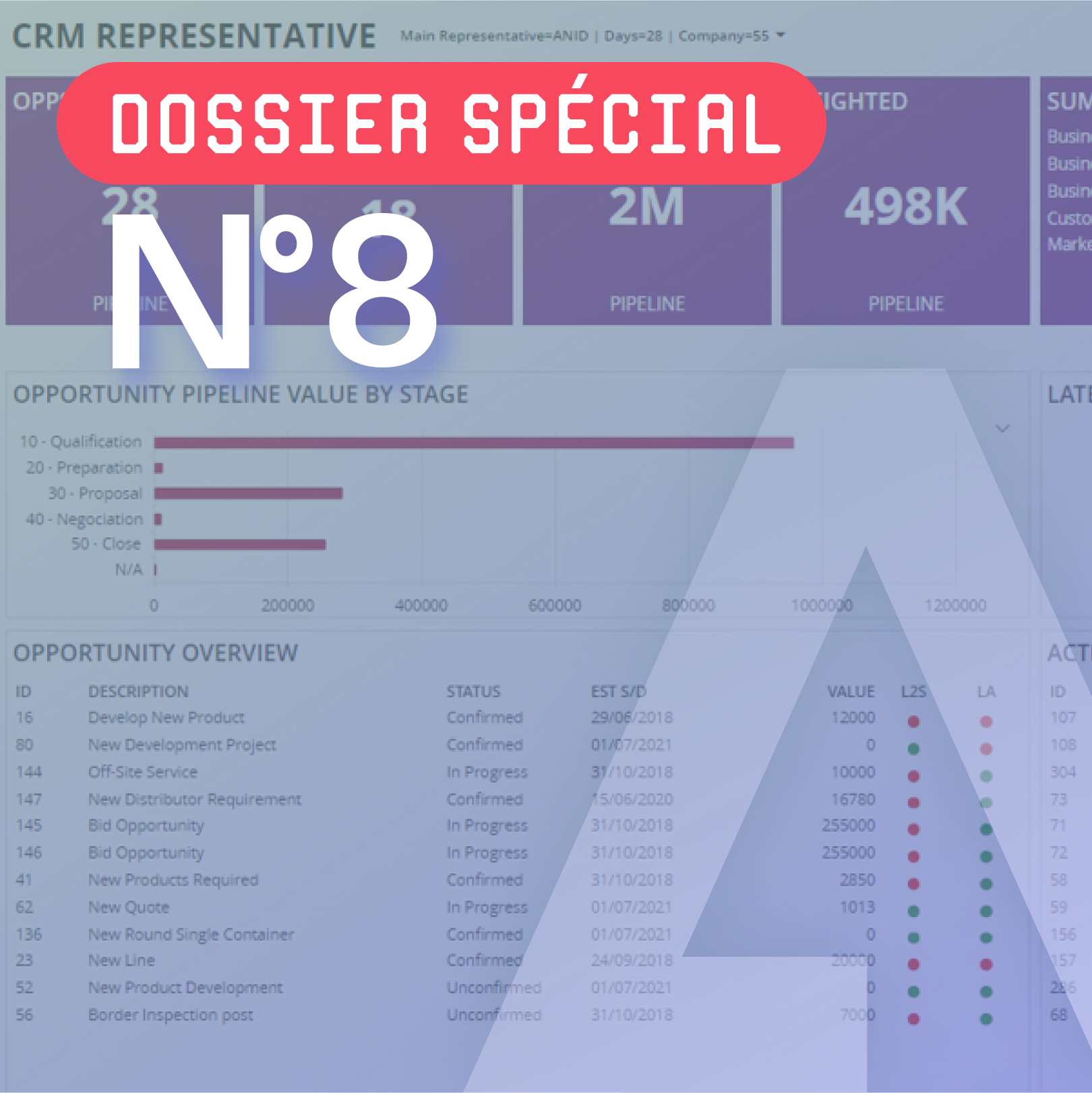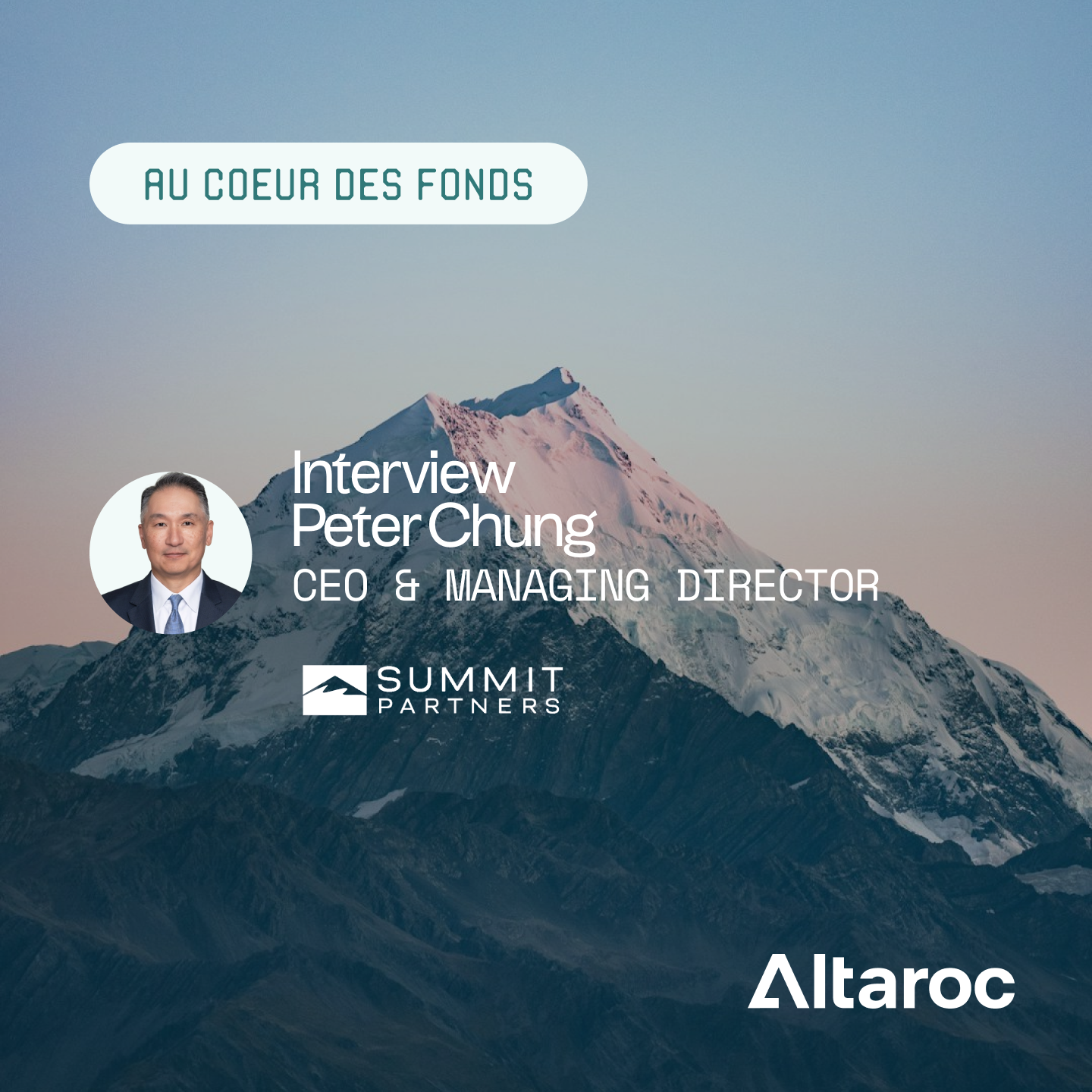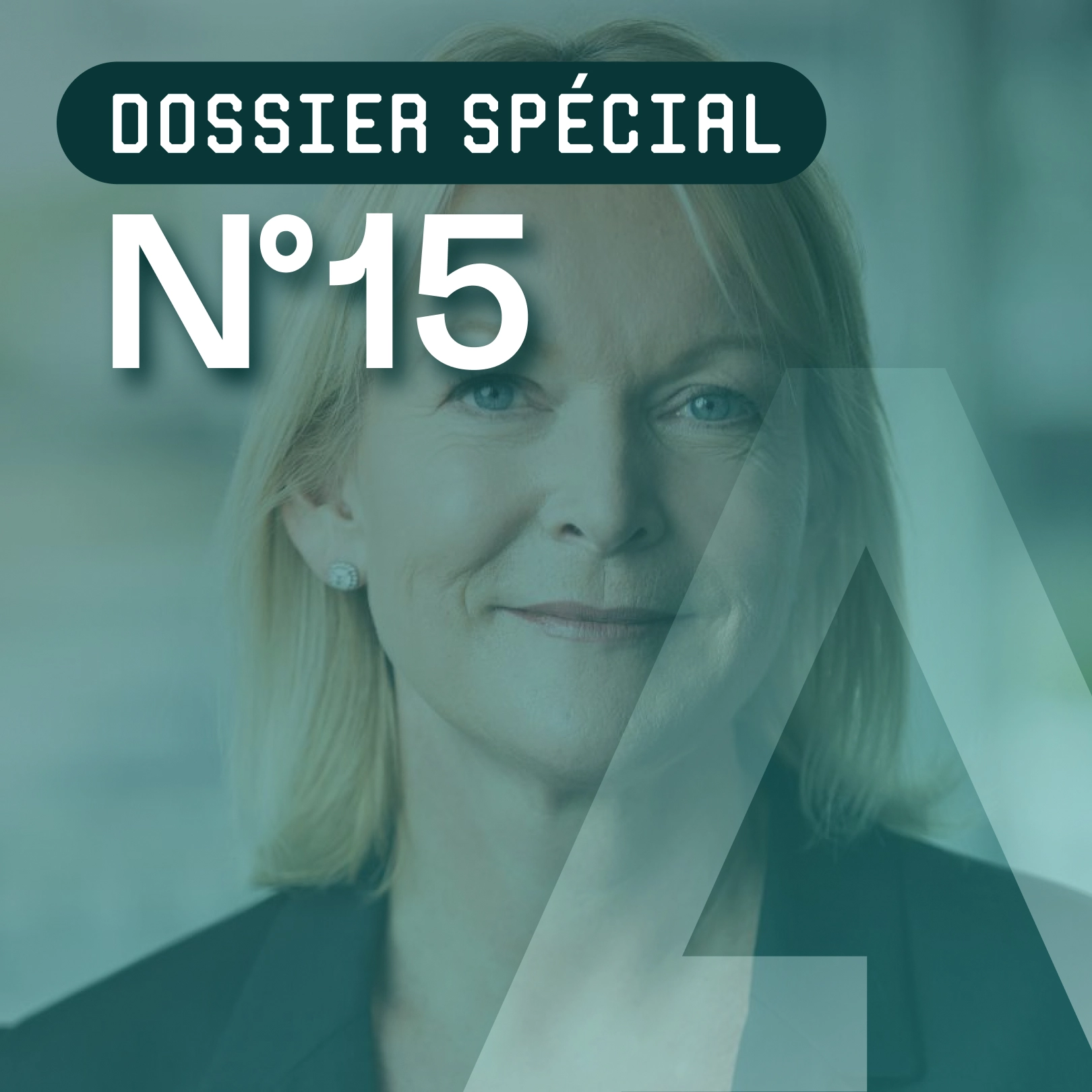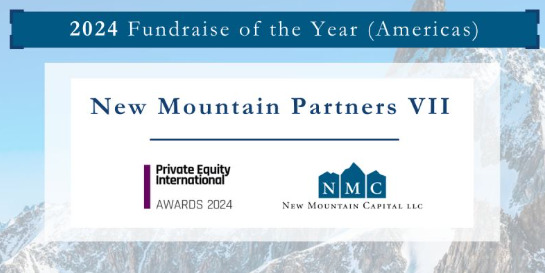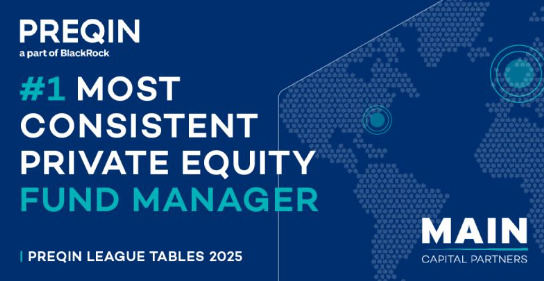Caroline: Before we start, could you both introduce yourselves?
Christopher Wellise : Of course. I'm delighted to be with you today, Caroline. I'm Christopher Wellise, Director of Sustainability at Amazon Web Services, AWS.
Robin Åkerberg: Very happy to be here too, Caroline. My name is Robin Åkerberg. I'm 28, from Helsinki, Finland, and I work as Sustainability Manager at Visma.
Caroline: You represent two major companies. Christopher, one of the world's largest technology companies. Robin, you come from one of the largest companies in the family Hg. As I mentioned, two big companies, but that's still a different scale. AWS, one of the world's largest IT companies, Visma, one of Europe's leading providers of IT and software services.
You have faced, and probably are facing, different sustainability challenges within your companies, but I think we can all agree that climate change is a common challenge we all face. I suggest we start by talking about climate change in the context of technology companies.
At Hg, we're one of the first private equity firms in the world to commit to the Science Goals initiative. I'd like to know a little more about AWS and your involvement, the work you do within your companies.
Christopher Wellise: Of course, thank you Caroline. When we talk about cloud computing in a company like Amazon Web Services, we're referring to the on-demand provision of computing resources via the Internet, usually in the form of a pay-per-use model. Instead of buying, owning and maintaining their own data centers and other services, as and when they need them.
It's similar to the way consumers turn on the lights in their homes by flipping a switch, and the power company sends electricity. With cloud computing, companies like AWS manage and maintain the technological infrastructure in a secure environment for its customers. Then, they access the resources via the Internet to develop and run their applications. Obviously, when it comes to a cloud computing company, energy is a major concern, directly linked to issues such as climate change.
We think about climate in two key dimensions. One is how we consume energy from a demand-side perspective, how we improve and increase the efficiency of our own infrastructure. The other is how we supply it from the supply side. Renewable energy is obviously something very, very important, not only for our company, but also as a means of greening the grid for all customers worldwide.
Caroline : Robin, what do you think, as a Visma employee?
Robin Åkerberg: I'd say Visma has really made great strides in working to get more and better data for our organization. Visma grows a lot through acquisitions. Of course, this brings its own challenges.
Visma is made up of around 200 business units, all working in their own way. They vary in size. Many of these companies, and our customers who are also in different segments and types of business, are essentially asking the same question. How do you begin to address climate change? Where do you start? What are you doing about it?
At Visma, we started by collecting data, putting our own house in order, so to speak. But I also believe, as Christopher was also talking about, that the way you then consume data or energy in our data centers, or through our data centers and our products, that's where we can really have an impact and I think we can help our customers tackle climate change. It's one of our biggest positive impacts and a major opportunity for us.
Caroline: I suppose we'd agree that if you don't measure, you can't manage. I know Visma is also working on a few products on this topic. Is there anything you'd like to mention or share?
Robin Åkerberg : Absolutely, we have different products in development, both in terms of sustainability reporting, automated reporting according to different reporting frameworks, such as GRI. We're also looking at different tools to calculate automated carbon emissions based on transactional data. We're developing a lot of interesting initiatives.
Caroline: Christopher, I think you also have some exciting initiatives about to be launched or just announced regarding your carbon footprint for customers.
Christopher Wellise: Yes, that's true, Caroline. I think, as Robin pointed out, you certainly can't manage what you can't measure. We tend to think through this concept of measure, reduce, build. Like Robin's customers, our customers really want quality data to understand how their workloads are being deployed, how they can better use the infrastructure to improve the sustainability of what they're doing from a technology point of view. I think one of the exciting things that's happened in our industry collectively over the last decade is that companies have really moved away from this arbitrary incremental approach to climate targets to now really focusing on climate science.
At Amazon, the Amazon Climate Pledge, is really our North Star, which is to be net carbon neutral by 2040, 10 years ahead of the Paris targets. We know that many of our customers are also strongly focused on their own targets. The way to help them achieve this is to provide good data. As you mentioned, Caroline, the customer carbon footprint tool we've developed helps them understand not only how our trajectory towards 100% renewable energy helps them achieve their sustainability goals, but gives them some granularity in terms of the workloads they deploy at regional level, and also at service level. It provides retrospective data, as well as forecasts based on the work we're doing around renewable energy.
Robin Åkerberg: Can I just ask you, Christopher, how do you see the evolution of how companies are responding to climate change? I mean, I suppose historically it's been a lot, so CSR is something you do alongside the business. How has it become a more important part of core business strategies?
Christopher Wellise: I think if you look at the core products you mentioned, Robin, that you're developing at Visma, ESG-related frameworks and software that will help companies report, it's a clear sign that we've made progress. The market is developing very rapidly. We're seeing emerging regulation all over the world, particularly in Europe. I think these are the big changes we've seen.
Caroline: I think you're absolutely right. A lot has happened in the last year alone. I think in a way the pandemic has almost humbled companies a little too. We're thinking more about these things, not just climate change, but everything to do with ESG. How can you be part of the solution rather than part of the problem?
Robin Åkerberg: I think that's an excellent observation. I think that, as with any change, you need a crisis. The pandemic was certainly a factor that accelerated that.
Christopher Wellise: I think it's really changed the paradigm. Historically, sustainability was seen as a cost, or something you did on top of your core business. I think the pandemic has really changed that for a lot of people, who are now saying, "Sustainability is essential to the operational resilience of my business. It's essential to risk management." It's changed the conversation.
Caroline: Totally. And I think stakeholders' expectations have also risen. They now expect companies to take the lead, not just to be compliant, but to take the lead in these areas.
Christopher Wellise : Yes, absolutely.
Caroline: So, I think it's an exciting change. Is there anything else you'd like to share, Robin or Christopher?
Robin Åkerberg : I think we have a lot of exciting initiatives coming up. I think sustainability is a massive growth opportunity for us as a company. It's something we want to promote not only within ourselves, but also with our customers, helping them to achieve their sustainability goals. It's something we're passionate about.
Christopher Wellise: Yes, I couldn't agree more. I think it's going to be an exciting decade ahead. You have this convergence of the evolution of technology, the digitization that's happening across all sectors, particularly in the energy sector. This is combined with a growing understanding of climate science.
Caroline: I'm sure we'll all be hearing a lot about it this year and in the years to come.
Robin Åkerberg: Thank you very much for inviting us.
Christopher Wellise: Thank you for the invitation.
Read the original article here: https://hgcapital.com/insights/orbit-podcast/sustainable-it-and-it-for-sustainability



